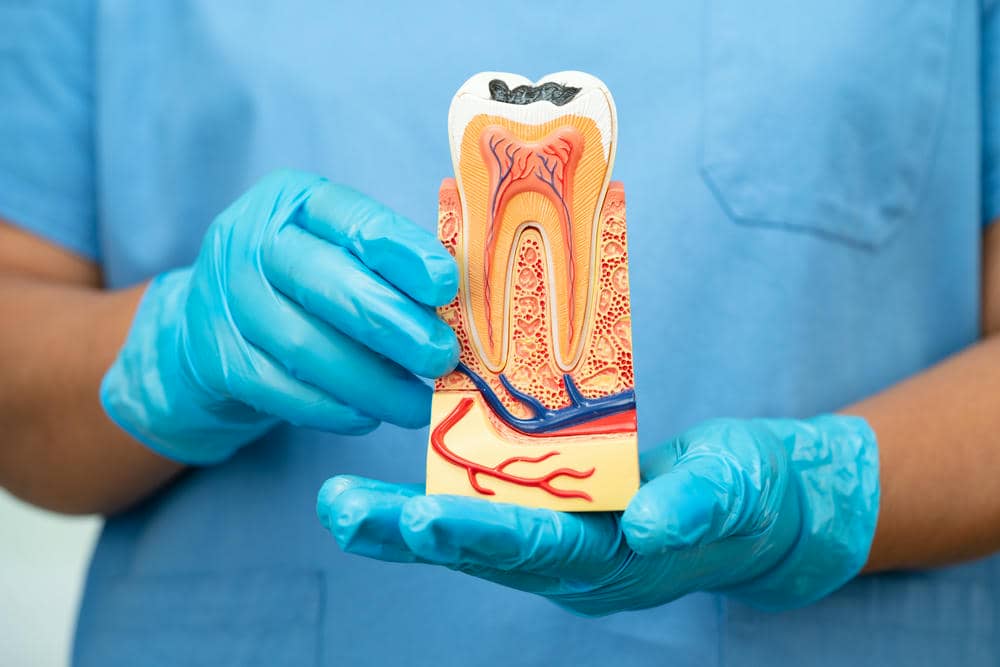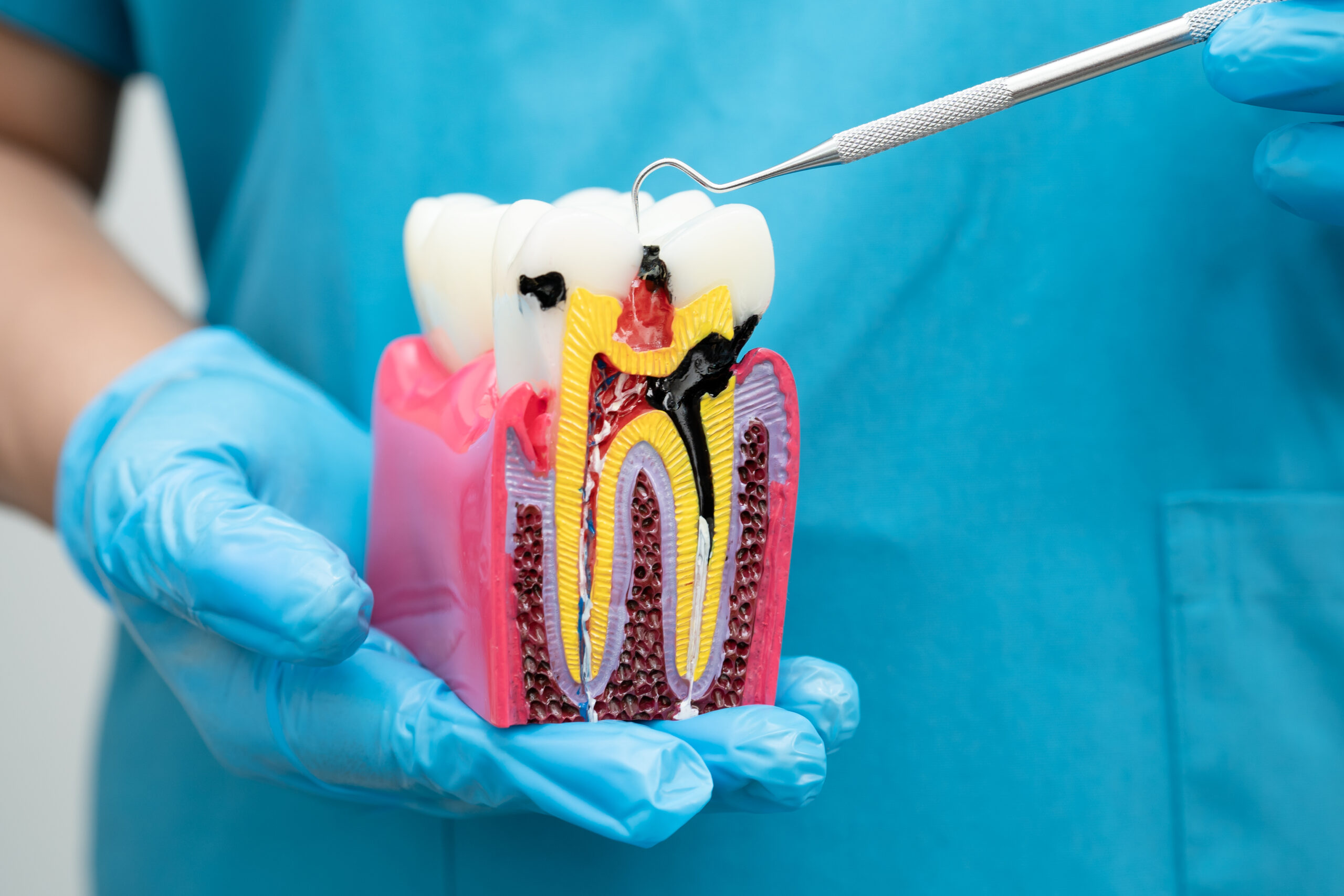9 Measures You Need to Take After Your Root Canal

Undergoing a root canal procedure can be a significant step towards alleviating dental pain and preserving a compromised tooth. While the procedure itself is designed to remove infected or damaged tissue from the tooth’s interior, proper care and attention during the recovery period are crucial for ensuring optimal healing and long-term success. In this comprehensive guide, we’ll discuss nine essential measures you need to take after your root canal to promote healing, reduce discomfort, and maintain excellent oral health.
1. Follow Post-Operative Instructions:
After your root canal procedure, your dentist or endodontist will provide you with specific post-operative instructions to follow. These instructions may include:
- Taking prescribed medications, such as antibiotics or pain relievers, as directed.
- Avoid chewing on the treated tooth until it has fully healed.
- Practicing good oral hygiene by brushing and flossing gently around the treated tooth.
- Attending follow-up appointments for evaluation and monitoring of your recovery progress.
It’s essential to adhere to these instructions carefully to promote healing and prevent complications.
2. Manage Discomfort with Pain Medication:
It’s normal to experience some discomfort or mild pain following a root canal procedure, particularly in the days immediately after treatment. Your dentist may prescribe pain medication to help manage any discomfort during this time. Be sure to take the medication as directed and avoid excessive activity that could aggravate the affected area.
Additionally, over-the-counter pain relievers such as ibuprofen or acetaminophen can help alleviate mild to moderate pain. Always follow the dosage instructions provided on the medication packaging and consult with your healthcare provider if you have any questions or concerns.
3. Practice Good Oral Hygiene:
Maintaining good oral hygiene is crucial for promoting healing and preventing infection after a root canal procedure. Be sure to brush your teeth gently twice a day with a soft-bristled toothbrush and fluoride toothpaste. Pay special attention to the treated tooth, brushing carefully around the gum line to remove plaque and bacteria.
In addition to brushing, don’t forget to floss daily to clean between the teeth and along the gum line. Your dentist may also recommend using an antimicrobial mouthwash to help reduce bacteria and promote healing in the treated area.
4. Avoid Chewing on the Treated Tooth:
To protect the treated tooth and allow it to heal properly, it’s essential to avoid chewing on hard or crunchy foods with the treated tooth. Stick to softer foods that require minimal chewing, such as soups, yogurt, mashed potatoes, and smoothies, in the days following your root canal procedure.
If you need to chew on the opposite side of your mouth to avoid placing pressure on the treated tooth, be sure to do so until your dentist gives you the all-clear to resume normal chewing.
5. Be Mindful of Swelling and Sensitivity:
It’s not uncommon to experience some swelling or sensitivity in the days following a root canal procedure. To help reduce swelling and discomfort, consider applying a cold compress or ice pack to the affected area for short intervals (about 15 minutes at a time) during the first 24 to 48 hours after treatment.
Additionally, be mindful of hot or cold temperatures, as the treated tooth may be more sensitive to extremes in temperature during the healing process. Stick to lukewarm or room-temperature foods and beverages to minimize discomfort.
6. Watch for Signs of Infection:
While root canal procedures are generally safe and effective, there is a risk of infection in some cases. Be sure to watch for any signs of infection in the days and weeks following your root canal, including:
- Persistent pain or discomfort that worsens over time.
- Swelling or tenderness in the gums or surrounding tissues.
- Prolonged sensitivity to hot or cold temperatures.
- Fever or chills.
If you experience any of these symptoms, contact your dentist or endodontist promptly for further evaluation and treatment.
7. Maintain Regular Dental Check-ups:
Even after your root canal procedure is complete, it’s important to continue attending regular dental check-ups and cleanings. These routine appointments allow your dentist to monitor your oral health, check the healing progress of the treated tooth, and address any concerns or issues that may arise.
During your dental check-ups, be sure to inform your dentist about your recent root canal procedure and any symptoms or changes you’ve noticed since then. Your dentist can provide personalized guidance and recommendations based on your individual oral health needs.
8. Consider Restorative Treatment:
In some cases, a root canal procedure may be followed by additional restorative treatment to strengthen and protect the treated tooth. Depending on the extent of damage or decay, your dentist may recommend placing a dental crown or filling to restore the tooth’s structure and function.
A dental crown, also known as a cap, is a custom-made restoration that covers the entire surface of the tooth above the gum line, providing strength, protection, and aesthetics. Your dentist will discuss your options for restorative treatment and work with you to develop a treatment plan that meets your needs and goals.
9. Practice Prevention for Long-Term Oral Health:
Once your root canal procedure is complete and your tooth has healed, it’s important to continue practicing good oral hygiene and preventive care to maintain long-term oral health. This includes:
- Brushing your teeth twice a day with fluoride toothpaste.
- Flossing daily to clean between the teeth and along the gum line.
- Limiting sugary foods and beverages to reduce the risk of tooth decay.
- Avoiding tobacco products can increase the risk of gum disease and other oral health problems.
- Attending regular dental check-ups and cleanings to keep your teeth and gums healthy and to catch any issues early.
By taking these preventive measures and staying proactive about your oral health, you can help ensure the long-term success of your root canal procedure and maintain a healthy smile for years to come.
Prioritizing Recovery and Oral Health After Your Root Canal
In conclusion, undergoing a root canal procedure is a significant step towards preserving the health and function of a compromised tooth. However, proper care and attention during the recovery period are essential for ensuring optimal healing and long-term success. By following the nine essential measures outlined in this guide, you can promote healing, reduce discomfort, and maintain excellent oral health after your root canal procedure. Remember to follow your dentist’s instructions, practice good oral hygiene, and attend regular dental check-ups to keep your smile healthy and vibrant for years to come. If you have any questions or concerns about your root canal recovery, don’t hesitate to reach out to your dentist for personalized guidance and support.




